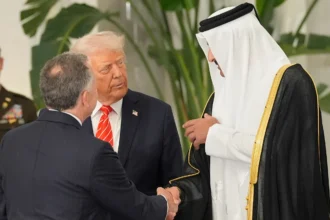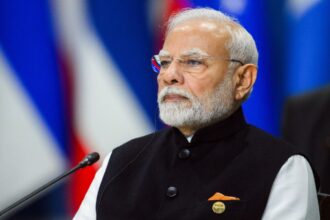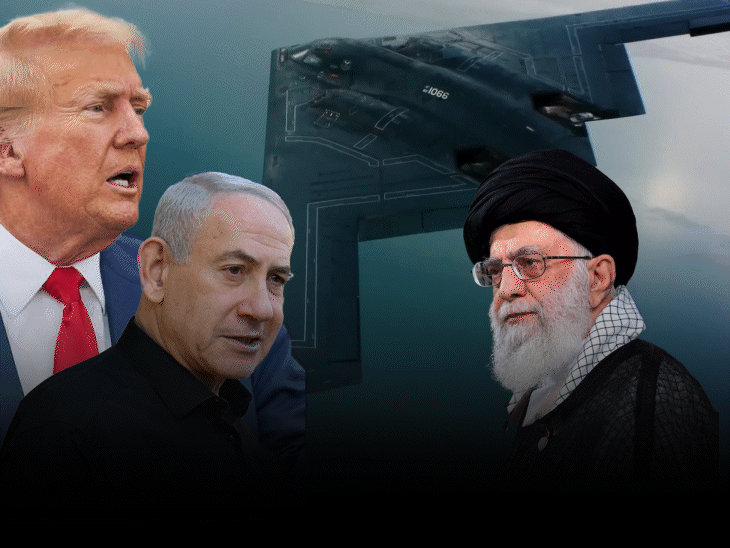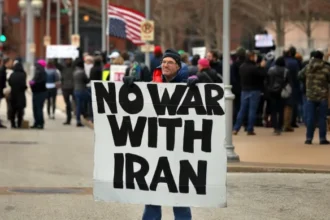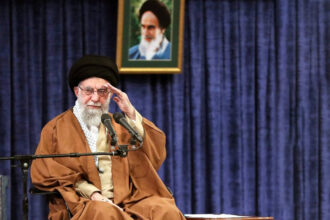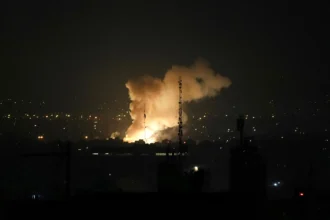A recurring theme among many European leaders is that Iran must be prevented from acquiring nuclear weapons, while Israel’s right to self-defense, including its nuclear capability, is unquestioned. This raises a fundamental question:
Does this double standard make sense?
Contents
The Logic Behind the Position
- Non-Proliferation Goals: European leaders emphasize the need to stop nuclear proliferation in volatile regions, pointing to Iran’s nuclear ambitions as a threat to regional and global security.
- Israel’s Unique Status: Israel, though undeclared officially, is widely believed to possess nuclear weapons and is seen as a stabilizing force by many Western powers in the Middle East. Its “right to defend itself” is often framed as legitimate and necessary.
The Contradiction
- Preventing Iran from developing nuclear weapons while accepting Israel’s existing arsenal creates an unequal playing field.
- This disparity fuels accusations of hypocrisy and double standards— especially from Iran and its allies—who argue that such policies undermine global non-proliferation norms and breed resentment.
What European Leaders Say vs. What Many See
- European officials insist their stance aims to maintain peace and prevent a nuclear arms race.
- Critics argue this approach ignores regional realities and may exacerbate tensions rather than resolve them.
Conclusion
The question remains whether it’s fair or effective to allow one country regional nuclear supremacy while forbidding another from similar capabilities. For many, this contradiction challenges the credibility of international diplomacy and complicates efforts toward lasting peace in the Middle East.



